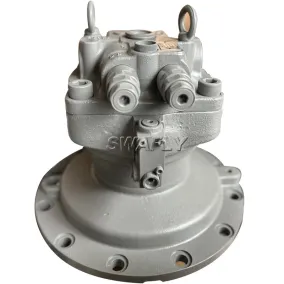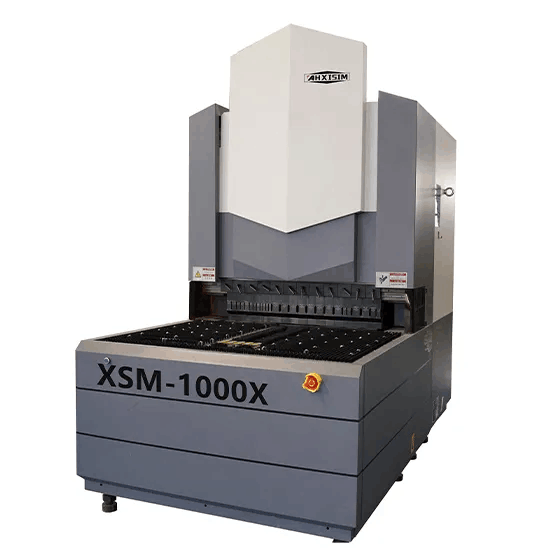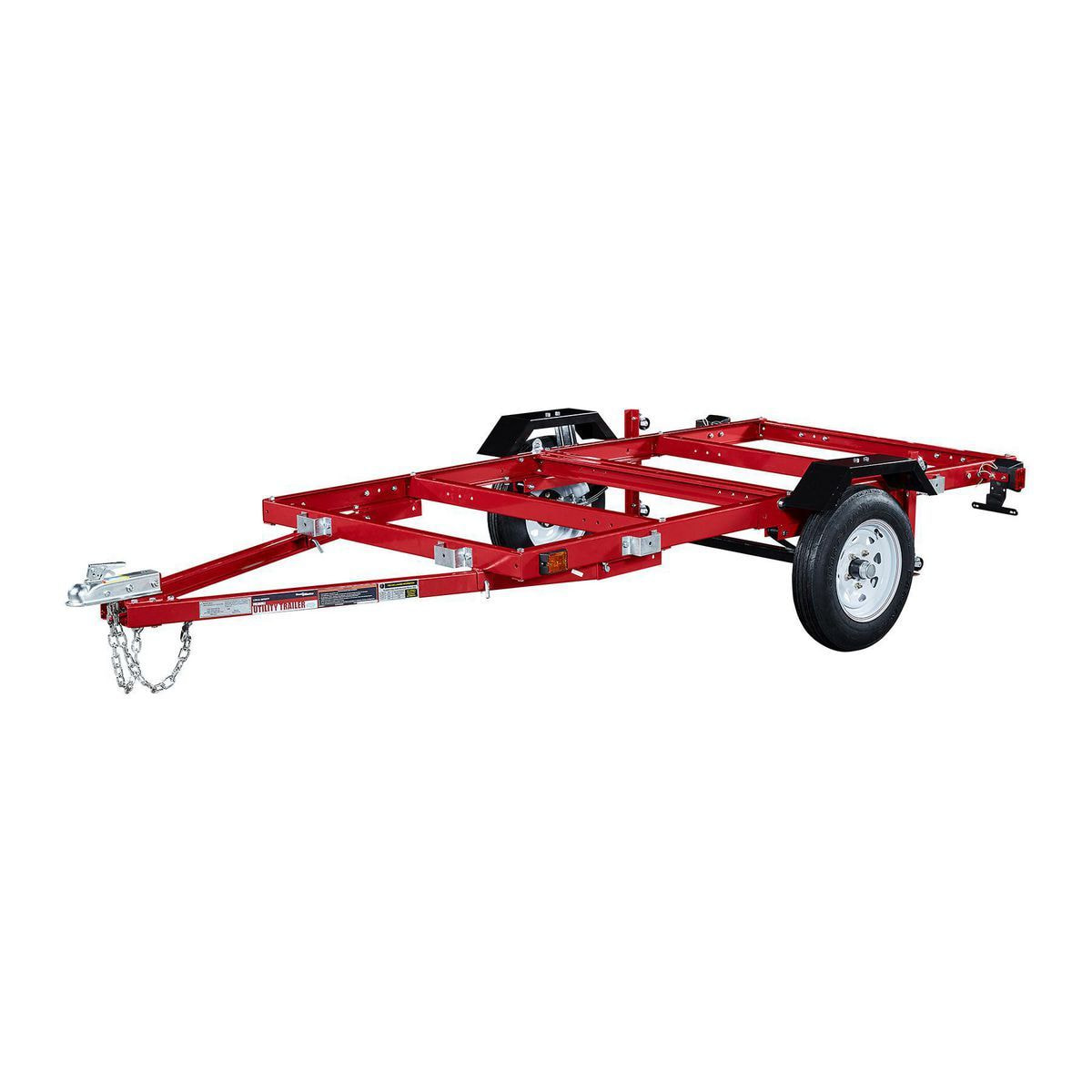Exploring the Advantages of LPG Forklifts: Powering Efficiency and Sustainability
In the realm of industrial material handling, forklifts play an indispensable role in streamlining operations and boosting productivity. While various types of forklifts are available, LPG (liquefied petroleum gas) forklifts have emerged as a popular choice for many businesses. These versatile machines offer a range of benefits that cater to efficiency, cost-effectiveness, and environmental sustainability.
Efficient Performance:
LPG forklifts are renowned for their robust power and consistent performance. They exhibit quick acceleration and can easily maneuver heavy loads, making them ideal for demanding tasks in warehouses, distribution centers, and manufacturing facilities. LPG engines deliver ample torque even at low speeds, contributing to smooth and efficient operations.
Instant Refueling and Longer Operation:
One of the standout advantages of LPG forklifts is the convenience of refueling. Unlike electric forklifts that require extended charging periods, LPG forklifts can be refueled swiftly, often in under five minutes. This quick refueling process ensures minimal downtime and allows for continuous operation, which is crucial for meeting tight schedules and deadlines.
Flexibility and Versatility:
LPG forklifts shine when it comes to versatility. They can be used both indoors and outdoors, providing a seamless transition between indoor warehousing tasks and outdoor yard operations. This flexibility eliminates the need for separate fleets for indoor and outdoor applications, optimizing resource allocation and reducing equipment costs.
Cost-Effectiveness:
LPG forklifts offer a compelling cost advantage over their counterparts. While electric forklifts require substantial investment in charging infrastructure and batteries, LPG forklifts have lower upfront costs. Additionally, LPG fuel generally costs less than diesel or gasoline, resulting in reduced operational expenses over the long term.
Reduced Emissions and Environmental Impact:
Additional resources:
Mastering Efficiency: The Ultimate Roll Packaging Machine
What is the Difference Between a Scissor Lift and a Vertical Lift?
The Laser Cutter Revolution: Transforming Design and Manufacturing
Air-Cooled Screw Condensing Units
Water Well Drilling Pipe: A Comprehensive Guide to Efficient Water Extraction
Why are electric dump trucks so popular?
Hydraulic vs. Electric Scissor Lifts: Which One Is Right For You?
Environmental sustainability is a growing concern for businesses across industries. LPG forklifts present an eco-friendly alternative, emitting fewer harmful pollutants compared to diesel-powered forklifts. LPG combustion produces fewer particulate matter and greenhouse gases, contributing to improved air quality and aligning with environmental regulations.
Low Noise Levels:
LPG forklifts operate with significantly lower noise levels compared to diesel-powered counterparts. This characteristic is particularly advantageous for indoor applications, where a quieter work environment is essential for employee comfort and compliance with noise regulations.
Easy Maintenance:
Maintaining LPG forklifts is relatively straightforward. LPG engines tend to have fewer moving parts than diesel engines, leading to reduced wear and tear. Additionally, the combustion process of LPG results in cleaner engine internals, reducing the buildup of carbon deposits and extending the engine's lifespan. With fewer maintenance requirements, businesses can minimize downtime and enhance overall operational efficiency.
No Loss of Power at High Altitudes:
Unlike some diesel engines that experience power loss at higher altitudes due to thinner air, LPG engines maintain consistent power output regardless of elevation. This attribute is especially beneficial for businesses operating in mountainous regions or at elevated locations.
Safety Features:
LPG forklifts are equipped with advanced safety features, including automatic shut-off systems that activate in case of leaks or accidents. LPG fuel is less flammable than gasoline, and modern LPG forklifts are designed with built-in safety mechanisms to prevent potential risks.
In conclusion, LPG forklifts offer a host of advantages that cater to the diverse needs of industrial material handling. From their efficient performance and quick refueling capabilities to their environmental friendliness and low maintenance requirements, LPG forklifts provide a balanced blend of power, versatility, and cost-effectiveness. By choosing LPG forklifts, businesses can not only enhance their operational efficiency but also contribute to a more sustainable and responsible future in material handling. Contact us for more information.
Enhancing Construction Efficiency and Safety with Construction Lift Platforms
What are the daily maintenance of fiber laser cutting machines?
How does a turret CNC lathe machine work?
Understanding the Operation of a Pneumatic Chemical Injection Pump
Why Are Essential Oils Stored in Dark Glass Bottles?
What is a Drilling Rig and Why is it Used?
Powering Progress: Advantages and Applications of Slip Ring Induction Motors










Comments
0